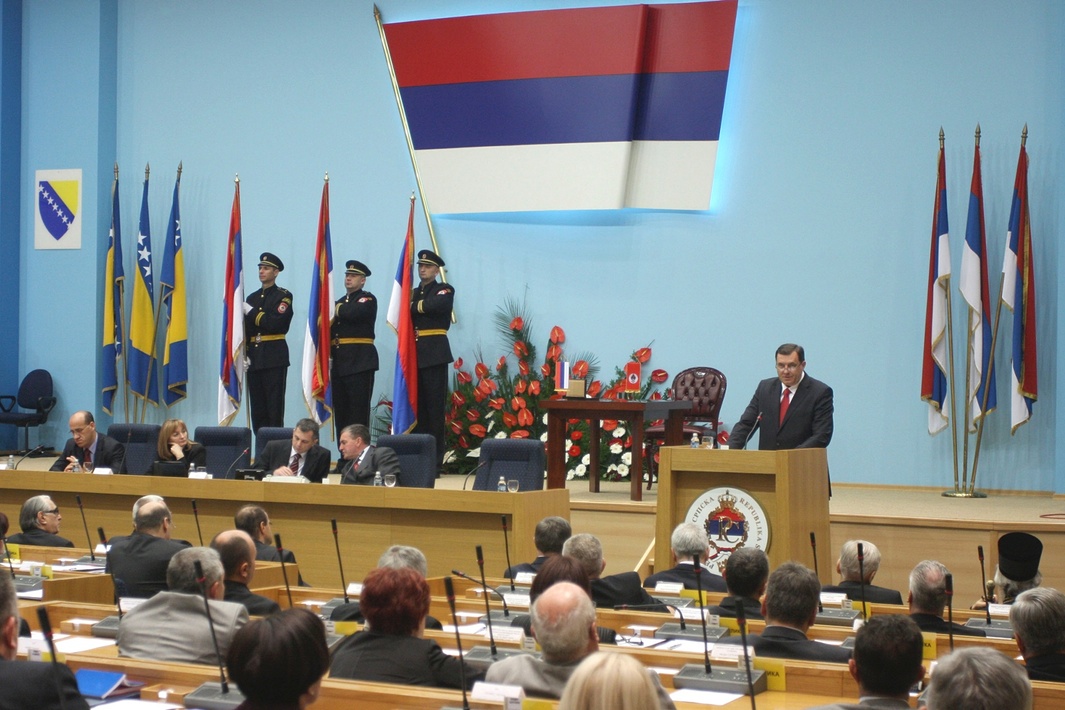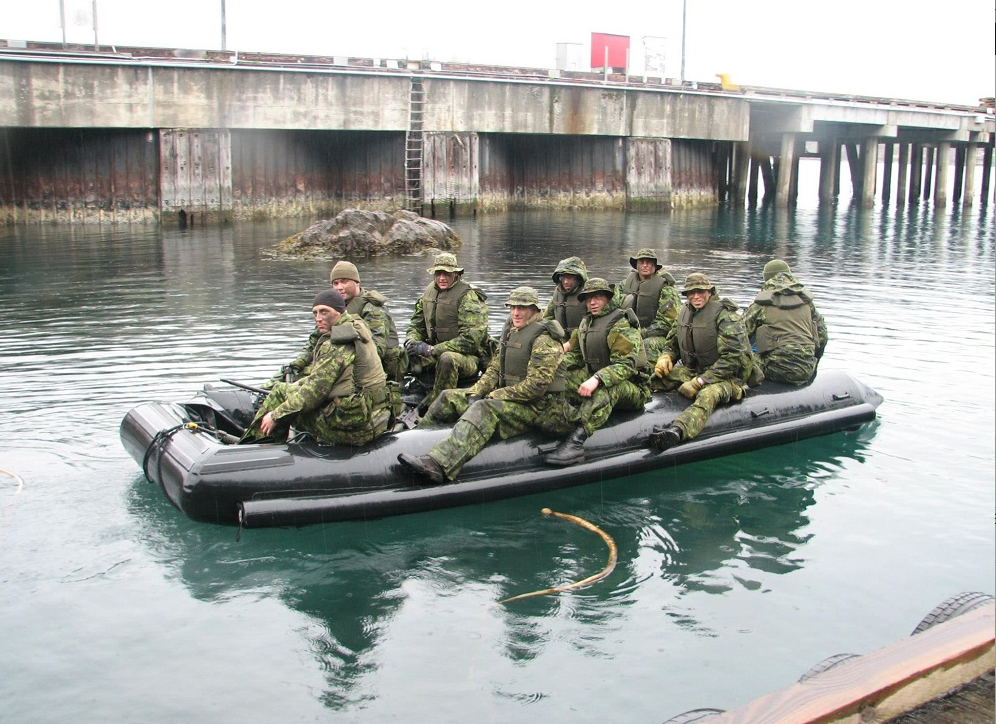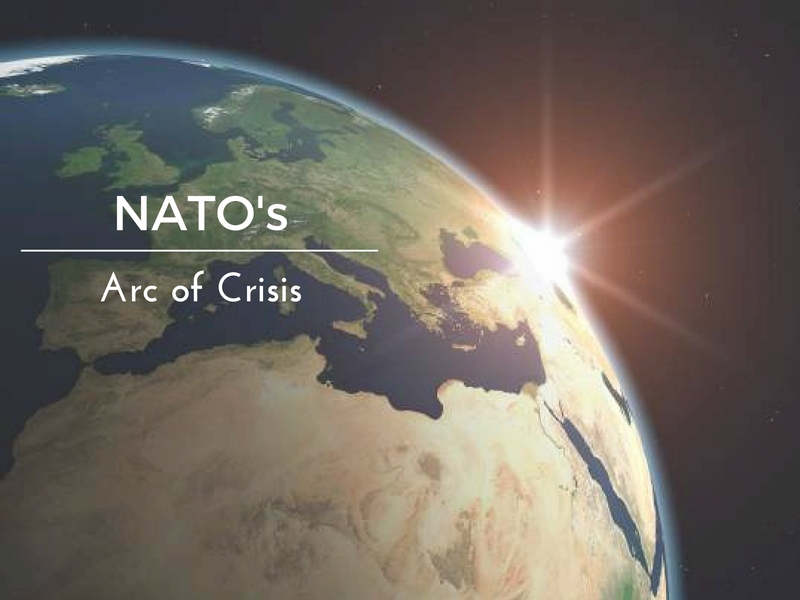Since the signing of the Dayton Peace Accords in 1995, Bosnia and Herzegovina (BiH) has gradually made steps towards integrating into Euro-Atlantic defense and democratic institutions. In 2006 BiH joined NATO’s Partnership for Peace program, which provides non-members the opportunity to build an individual relationship, catered to the security priorities of non-members. In 2009 BiH contributed officers to the NATO led International Security Assistance Force (ISAF) in Afghanistan and currently supports NATO’s Resolute Support Mission in Afghanistan. Despite improved cooperation, BiH still faces difficult internal obstacles impeding quicker membership.
The largest impediment to a cohesive security policy in BiH lies directly with BiH’s constitution, which resulted from the Dayton Peace Accords. The Peace Accords created a BiH with two constituent entities, The Bosniak-Croat Federation and the Serb Republic, each with a large degree of autonomy over internal affairs. At the federal level BiH has a tripartite Presidency and each member is from one of the three constituent nations – one Bosniak, one Serb, one Croat. The Presidency is in charge of foreign, diplomatic and military affairs and the federal budget. Real power, however, rests at the level of the two constituent entities where ethnic favoritism prevails politically.
Though all three ethnic groups have expressed their desire for further engagement and cooperation in Western institutions, the Serbs have shown hesitancy towards full NATO membership, primarily because they were the target of NATO bombing missions during the Bosnian war. Though the Bosnian Serb entity has previously transferred certain powers for political concessions with the international community it has been reluctant to completely transfer ownership of military properties in its territory to the Bosniak-dominated Federation. Fears of being completely politically overruled and mistreated by the Bosniak majority, in the event of a complete transfer of power to a central government in Sarajevo, are prevalent in the Serb republic, and not without reason.
According to some experts on the region, one way to encourage the Bosnian Serb entity to fully support NATO membership is if Serbia ends its official military neutrality. Despite its neutrality, Serbia has participated in numerous NATO training programs and holds military exercises with the US’ Ohio National Guard. Serbia, however, has not shown a willingness to move beyond its current cooperation providing little leeway in this case for those who wish to see the Bosnian Serb Republic making policy decisions in unison with the Bosniak-Croat Federation.
What does any of this mean for NATO? NATO has successfully expanded into the Balkans absorbing most Balkan states, except those where Serbs present a majority or significant minority, and Macedonia due to its name dispute with Greece. Though on paper NATO faces no real threat in the region, an unstable BiH with a suspicious Serb population of foreign and domestic conspirators provides opportunities for Russia to complicate NATO’s efforts in absorbing what’s left of the former Yugoslavia. Unsurprisingly, Milorad Dodik, the President of the Serb Republic, has made formal visits to the Kremlin ensuring Russia’s economic and political support in upholding the Dayton Accords thereby guaranteeing the Serb Republic’s autonomy within BiH. Additionally, Dodik, a vocal advocate for the Serb Republic’s secession from BiH, has been taking advantage of the precarious political situation and garnering support from Russia for an eventual referendum for independence.
An open threat to NATO is not evident in the case of BiH, state collapse, however, will further complicate tensions in the Western Balkans affecting NATO’s newest members. Though the Bosnian problem is political, Russia’s looming presence only shows the lack of initiative the EU and other Western actors have when engaging the concerns of the Bosnian Serbs. For BiH to be a successful state where all of its citizens feel as if they are treated equally by foreign actors, the international community, and NATO, need to engage the Bosnian Serb republic and truly consider their concerns about the future of BiH. If the West truly wants to see a stable and whole BiH within its security and political framework, it needs to accept the reality of the Bosnian Serb republic within BiH. Otherwise, Russia will continually take advantage of the fragmented situation, and complicate NATO’s and the EU’s security plans for the region.




